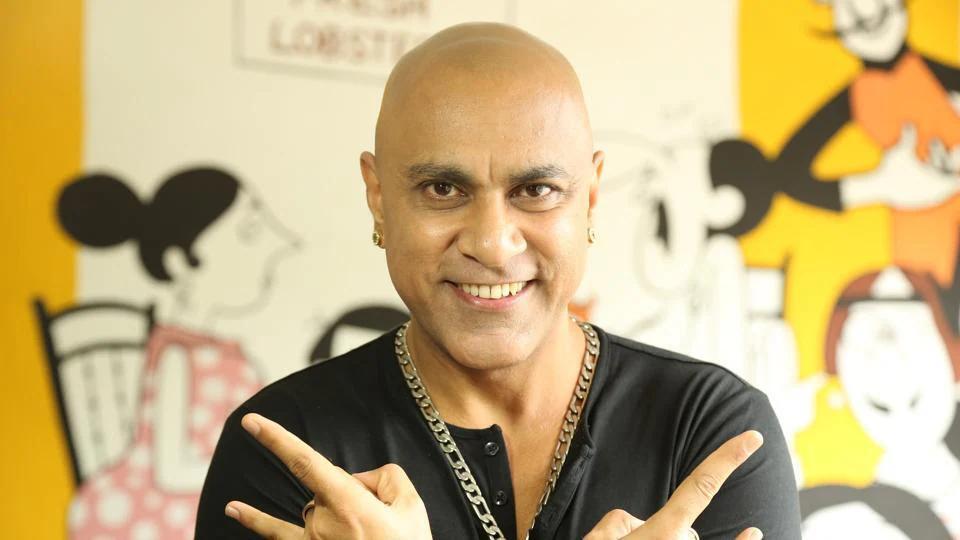
It was terrifying phase: Baba Sehgal on calls from underworld
The world of music and cinema is often associated with glamour and excitement, but the reality can be far from it. In the 1990s, the Indian film and music industry was plagued by threats and intimidation from the underworld. Rapper Baba Sehgal, who was a prominent figure in the music industry during that time, has now spoken out about the terrifying phase he went through, where he received threatening calls from the underworld.
In an interview with News18, Sehgal shared that the calls were a common occurrence in the industry during that era. “I never thought I’d get a call because I was just a singer…They used to call at night. It was a terrifying phase,” he said. The underworld would call Sehgal, demanding that he stop making music or face the consequences. The rapper’s music was seen as a threat to their interests, and they wanted to silence him.
Sehgal’s experience was not unique. Many other artists and musicians of that era have spoken about receiving similar threats and intimidation from the underworld. The gangsters would often use violence and coercion to get what they wanted, and those who refused to comply would face severe consequences.
The 1990s were a tumultuous time for the Indian film and music industry. The underworld had a significant amount of power and influence, and they used it to extort money and silence anyone who dared to speak out against them. Many artists were forced to pay bribes or face the consequences, and some even had to flee the country to escape the violence.
Sehgal’s music was a reflection of the times. His songs often dealt with themes of social justice and politics, which made him a target for the underworld. “I was making music that was critical of the system, and that didn’t go down well with the powers that be,” he said.
The rapper’s calls from the underworld started in the late 1990s, when his music was gaining popularity. The calls were always made at night, and Sehgal would receive them when he was alone and vulnerable. “I would be sleeping, and the phone would ring. I would pick it up, and there would be this guy on the other end, telling me to stop making music. It was terrifying,” he said.
Sehgal tried to brush off the calls at first, but they continued for months. He even started to fear for his life, and would often wake up in the middle of the night, thinking that someone was at his doorstep. The constant threats took a toll on his mental health, and he started to feel anxious and paranoid.
Despite the threats, Sehgal refused to back down. He continued to make music, and even stood up to the underworld on several occasions. “I knew that I couldn’t give in to their demands. I had to stand up for myself and my music,” he said.
Sehgal’s bravery was inspiring to many, and his music became a symbol of resistance against the underworld’s intimidation tactics. His songs continued to gain popularity, and he became a household name in India.
In the end, Sehgal’s music proved to be a powerful tool against the underworld’s threats. His songs inspired a generation of young people to stand up against injustice, and his bravery in the face of adversity earned him a place in Indian music history.
Looking back on those terrifying times, Sehgal is grateful that he was able to overcome the challenges he faced. “It was a tough time, but I’m glad that I came out of it unscathed. I learned a lot about myself and about the power of music,” he said.
Sehgal’s story is a testament to the power of music and the human spirit. Despite the challenges he faced, he refused to give up, and his music continues to inspire people to this day.






